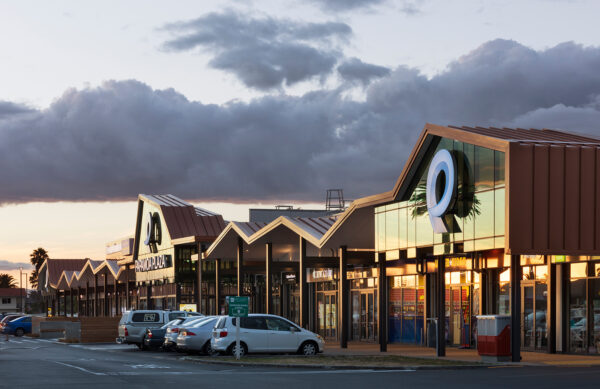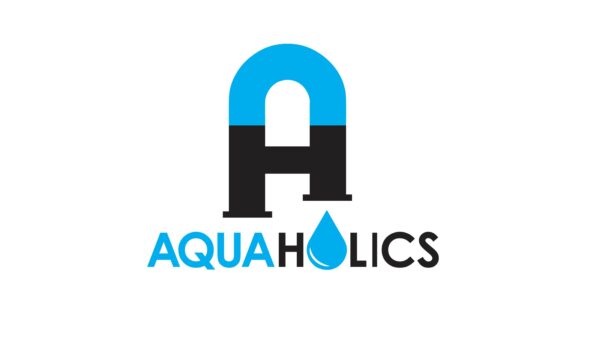With staff shortages, looming recession, and rising mortgage rates still dominating news headlines, it can be hard to look at 2023 with positivity. I want to remind you that there are plenty of examples where businesses have benefitted from fast-changing and uncertain times.
Instability presents opportunities for savvy entrepreneurs to discover new niches, for small businesses to partner together to share strengths, for our Kiwi ingenuity to shine through.
Cooling economic times do not necessarily mean bad times, and the Chamber is here to support and champion local businesses, and to keep you informed of key issues and updates, as we tackle the year together.
With that said, let’s take a look at the tipping points for local businesses in 2023.
Global unrest and recession
We’ve all seen the predictions that the global economy will enter a recession in 2023, and businesses will be preparing for this.
New Zealand’s economy has benefited from relying on trading with arguably the world’s most resilient economies over the past two decades – Australia and China.
Cooling global trade should also help restore balance by going back to normal levels, helping to lower shipping costs, fix supply chain issues, and sort out supplier shortages.
Locally, our construction, hospitality and retail sectors will be most impacted by rising rent and mortgage costs. But the Western Bay’s strong export sector will help support our wider economy, relative to other parts of the country.
Politics across the globe are re-setting after the pandemic, so exporters/importers should be prepared for sudden changes.
Inflation
Business costs have risen across the board – shipping, suppliers, rents, transport, technology, staff, and capital. Inflation is embedded and prices won’t go backward.
All businesses will be reviewing their fixed costs over the year, and many will be prioritising profitability over revenue growth. Everyone should be keeping a close eye on their cash flow forecasts to avoid being caught short on any given month.
Tip: Check if your competitors are rationing their marketing spend, as this could be an opportune time for you to gain market share by increasing your targeted marketing (depending on your market and financial situation).
Scramble for staff and immigration
As staff shortages continue, so will the standoff between employees and employers regarding pay rises. Employees, who face rising mortgages and costs of living, will understandably seek more pay.
Employers must balance cooling customer demand with their rising costs. The pressure remains on employers to keep the staff they have. You may have heard of ‘quiet quitting’… but the new TikTok trend is ‘rage applying’. This is where employees show their frustration by applying for new jobs, seeking better pay and working conditions.
While there are still more vacancies than suitable candidates, the balance may shift as the year goes on. Because if wages continue to inflate, the Reserve Bank of New Zealand will continue to increase interest rates and bring more pain to homeowners and small businesses.
The need for more housing and industrial land
Tauranga businesses are losing recruits to Hamilton and other regions where rents and housing are plentiful and more affordable. Housing availability and affordability is a key issue for local businesses to attract staff. NZME has reported that some businesses are considering buying rentals to secure homes for their staff.
Our population continues to grow. Tauranga City Council has told the Government it projects Tauranga will be short of up to 5000 residential dwellings by 2030. The sub-region is also running out of zoned industrial land.
Both matters take years to come online at the scale we need, and the city needs them to be ready before our next economic growth cycle.

Access to capital
Access to loans will not be as easy to acquire for small businesses, who traditionally use equity in their personal home to secure loans. There are three key issues here:
- Interest rates on commercial loans are higher than residential mortgage rates, raising fixed costs for businesses.
- Property prices have gone backward, and some lenders are asking tough questions of businesses.
- Home ownership rates are low for younger generations, making it harder for them to secure capital to get into business.
Businesses raising capital by selling shareholdings need to offer higher returns than the risk-free rate. Why would an investor buy into a relatively higher-risk business, when there is high certainty for five to seven percent returns from bonds and term deposits?
Businesses will need to fight hard to gain investors’ funds by demonstrating their value and accuracy in their forecasts.
Crime and anti-social behaviour
This will be a major issue for all political parties heading into the general election in October. It is a long-term issue needing immediate solutions.
Hon. Grant Robertson’s 2023 Budget
The fate of New Zealand’s domestic inflation will likely be determined by this budget, announced in May. Will it increase inflation and require the Reserve Bank to continue to increase its official cash rate? Or will it be targeted at those who truly need it, while removing barriers that prevent people who want to work more from doing so? E.g., caps on working hours for student allowances and other benefits.
This could be Hon. Grant Robertson’s final budget, while it will be new Prime Minister Chris Hipkins’ first. Will there be tensions between these two legacies? We’ll have to wait and see.
Looking for more business tips and advice? Head to our Latest News section.
















































